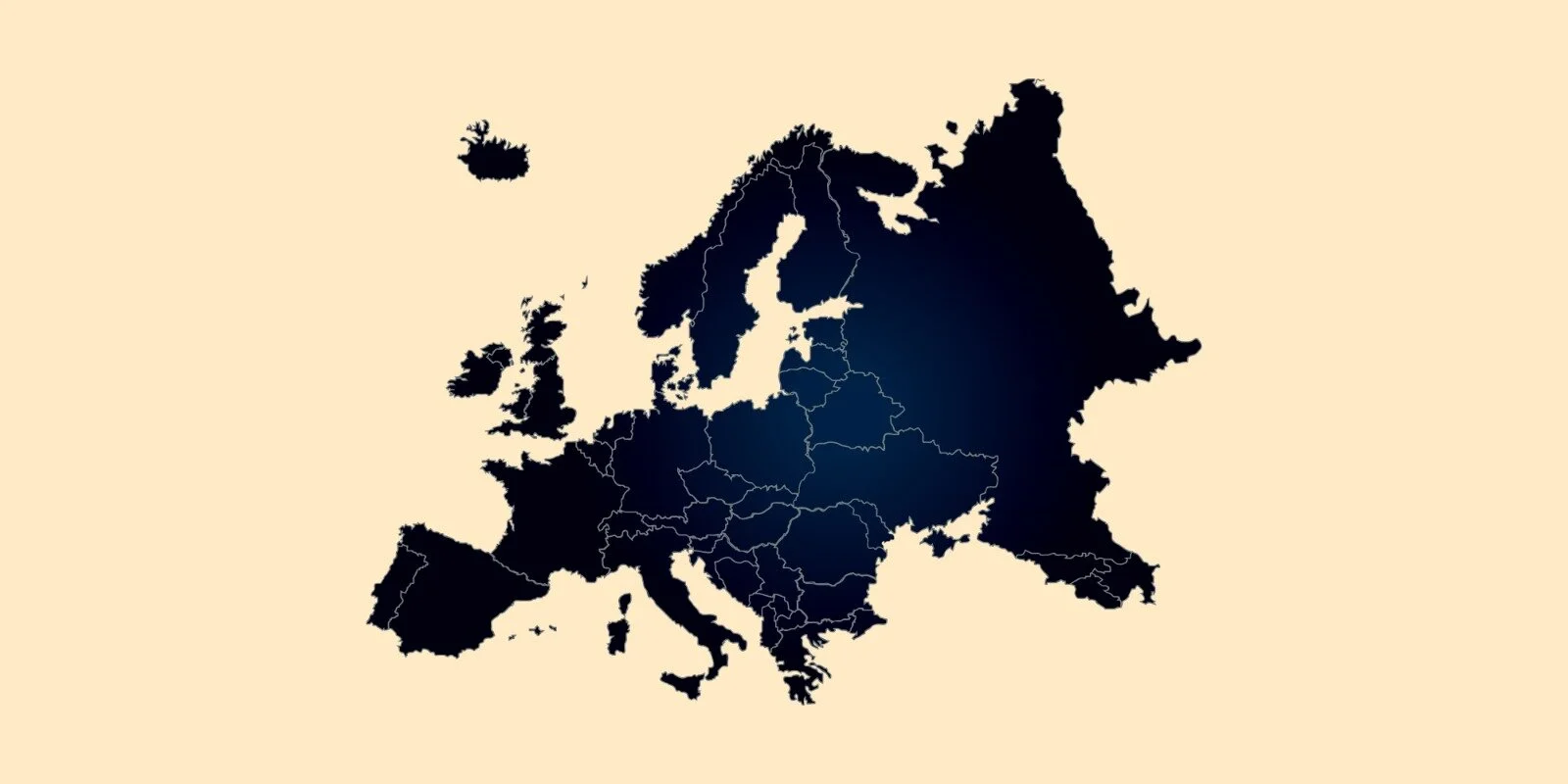The Czech Republic and Slovakia, two teams that once upon a time were one, will play each other in their first match of the UEFA Nations League.
Czechoslovakia was dissolved in 1992, raising a new challenge in the sports world – how to represent a country that doesn't exist anymore?
During the 1990s, the geopolitical situation in Europe changed the map of the continent. In the Euro 1992 qualifiers, UEFA faced a few problems with the newly formed countries, along with those that ceased to exist. East Germany was drawn in the qualifiers but later withdrew from the competition after the unification with West Germany. Yugoslavia took part and qualified, but was banned from participation in the tournament. The Soviet Union was also supposed to take part in the Euro, but as the country ceased to exist, the alternative CIS national team took its place.
Before the 1994 World Cup qualifiers draw ceremony in December 1991, it seemed that UEFA would no longer face such problems. Russia was registered, alongside Estonia, Lithuania, and Latvia. The other former Soviet and Yugoslav teams haven't formed their new football associations or joined FIFA yet. Czechoslovakia was one of the participants, wishing to qualify again and repeat their successful campaign from the 1990 World Cup.
The Czechoslovak national team was drawn alongside Romania, Belgium, Wales, Cyprus, and the Faroe Islands. They kicked off their campaign on the wrong foot with a 2-1 loss to Belgium, but there was more drama to come. On November 13, the Federal Assembly of Czechoslovakia approved the division of the country. The next day, the national team of Czechoslovakia played its last match as the representative of a unified country against Romania. The game ended in a 1-1 draw.
Four months later, when Czechoslovakia no longer existed, a new national team travelled to the away match against Cyprus. RCS, Representation of Czechs and Slovaks, took over and tried to finish the former national team's mission. It wasn't easy to be a national team under those circumstances: "In these moments, I felt that we couldn't complete the campaign," said the former national team manager, Milan Máčala. He was replaced before the match against Cyprus by Václav Ježek, who couldn't do better than another 1-1 draw.
After four matches, RCS was in the third place of the group, three points behind Romania and the spot to the World Cup. In June 1993, the team hosted Romania for a critical game. Surprisingly, the match was played in Košice, Slovakia. The RCS shocked Romania in front of a 15,000 cheering crowd. It was a one-man show led by the Slovak player, Peter Dubovský. In the 58th minute, when the result on the scoreboard was 2-2, he began his magic with a hat-trick, leading the team to a 5-2 win.
This match brought back hope for the RCS, who reached the last game two points behind Belgium and one point behind Romania. In their final match of the campaign, RCS played away in Brussels against Belgium. With a better goal difference, RCS needed a win in order to qualify to the World Cup. "We played in attacking mode, Belgium was with 10-men for more than half an hour," said former Czechoslovakia and Slovakia national team player, Ľubomír Moravčík. "I remember Dubovský's chance that was close to the post by centimeters. It was decisive." The match ended with a 0-0 draw. Belgium qualified for the 1994 World Cup, while the RCS would cease to exist as they’ve played their last match.
Behind the scenes, the unified team wasn't united at all. "It wasn't as perfect as you wish," said Jaroslav Timko, one of the few Slovak players to play in the last matches. "There was a feeling that everything was over, and for some of the players, there was no reason to keep playing anymore." Timko even thinks that the Czechs didn't want the Slovaks on the team. "The Czech footballers were the basis of the team. The Slovaks were only those who completed the squads."
There was no happy ending, according to Timko. "After the last match, we organized a farewell meeting. The Czechs didn't even arrive." Moravčík expressed the same opinion as well. "We didn't have enough time to get closer to the top places. The country was already dissolved, and there wasn’t enough emotion for playing football as a team."
27 years later, the Czech Republic and Slovakia established their new independent football legacy. The Czechs have not missed a Euro and reached the 1996 Euro final in their first-ever tournament. It took more time for Slovakia. They qualified for their debut World Cup in 2010, where they also played in the round of 16. They also made their first Euro appearance in 2016.
At the beginning of the new UEFA Nations League campaign, both sides wish to take another step forward. One of them can even finish in the top of the group and become part of the top 16 teams in Europe.




